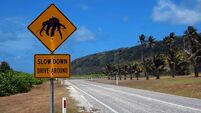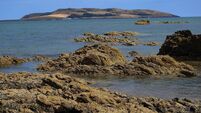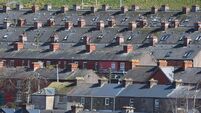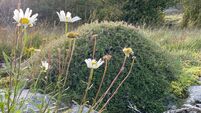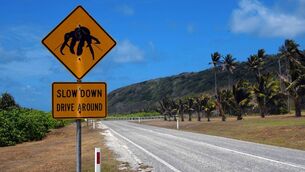Anja Murray: How is it normal to think we need money even more than we need nature?

Is it really good economic sense to destroy more than 95% of our peat bogs over the course of only 50 years?
‘Oikos’ is an ancient Greek word for household. It refers to the family, the family's property, and the house they live in. ‘Oikos’ is also the root of the modern word ‘ecology’, which is the study of living organisms, including humans, and their relationship to the physical environment. Ecologists are the scientists investigating how our living world works, including the species and habitats that provide for us in every way.
Another field of study which also takes its name from the ancient Greek word ‘oikos’ is the word 'economy'. The Greek ‘oikonomia’ combines ‘oikos’ and ‘nemein’, which is best translated as 'management and dispensation’. While ecology is a scientific approach providing us with knowledge and insight about the world we live in, the economy describes a made-up world based on money.
CLIMATE & SUSTAINABILITY HUB




